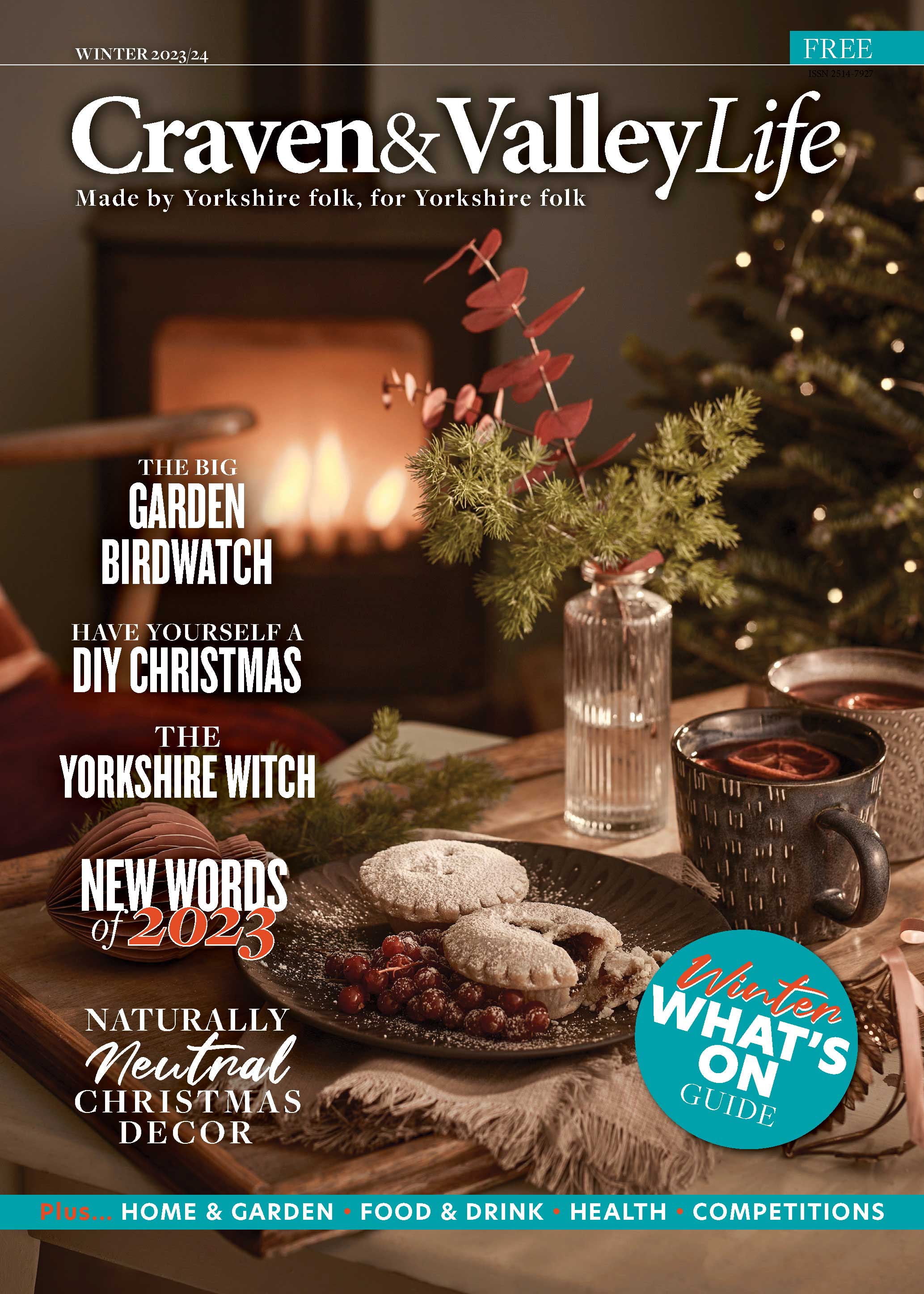
Value Our Love
by Craven and Valley Life
Northern Life Family magazine chats to local lass Katie who unexpectedly became a kinship carer to her niece.
Back in April 2020, the UK had been thrown into lockdown, couple Katie and Mark from Bradford were starting to get used to their new normal. With more time together they had begun to think about starting a family of their own, they had started to save up for the possibility – then a phone call one evening changed their lives forever.
“We had to go and pick up my niece immediately,” Katie explains. Katie’s sister was no longer able to take care of the then eight-month-old child. “I knew social services were involved, but I had no idea of the extent. It was a complete shock when they asked us to take her straight away.”
Having been in foster care herself, Katie was determined to not let her niece go through the same things she did. Katie wanted the child to know her family and be aware of her identity as she grew up. However, becoming a carer to her niece was a big adjustment for the family. “We were an auntie and an uncle. We had sleepovers and spent time with her but then we would give her back. Not being able to sleep for one night every once in a while is fine, but this was completely different, it changes everything about your whole life. There isn’t a handbook firstly on how to look after a child in general and then one that’s been through childhood trauma.”
I GOT SUPPORT FROM MY PROJECT WORKER KELLY, SHE WAS THE ONE WHO GOT THE THERAPY SORTED FOR MY NIECE, SHE PUSHED FOR IT AND GOT US SPEAKING TO THE RIGHT PEOPLE TO MAKE IT HAPPEN.
By agreeing to care for her niece, Katie became a kinship carer, joining over 162,000 kinship carers in the UK. Kinship care is when a relative or friend steps in to provide full time care for a child when a parent isn’t able to care for them. Over half of kinship carers are grandparents, but siblings, family friends and uncles and aunts like Katie are also carers.
While Katie finds caring for her niece incredibly rewarding, it has also led to her own plans being put on hold. When the eight-month-old first came to Katie and Mark, they were classed as temporary foster carers, which meant they received financial support from their local authority. In November 2020, however the financial support was reduced following Katie and her partner becoming Special Guardians, the couple could claim child benefit but this was deducted from the weekly allowance. The intention was that the allowance would cover monthly nursery costs, however, the couple had to top this up on average £100 per month just in order for them to continue working.
In November 2022 the allowance stopped altogether and the couple now have to find over £350 a month for nursery fees. Without this financial support, Katie had to put her own plans on hold. It wasn’t just the financial support Katie lost as a special guardian. She was also expected to handle arrangements for her niece to see her mum which impacted greatly on her relationship with her sister.

“But my niece has had to take priority. I have to put her first,” Katie explains. As Katie’s niece grew older, she also started struggling with behavioural issues, and Katie was struggling to get her the support she needed. That’s when she came across charity Kinship. “I got support from my project worker Kelly, she was the one who got the therapy sorted for my niece, she pushed for it and got us speaking to the right people to make it happen.”
The charity supports Kinship carers like Katie, providing advice and helping them get the help they need. “They asked if anyone would like to speak about their experience and I volunteered, partly because I wanted to give something back to the charity because they’ve helped us so much but also I wanted make a difference. If I can help change the law or policy for another kinship carer in the future so that they don’t have to go through what we’ve had to go through then job well done.
“It seems as though children in kinship care aren’t valued as much as those in foster care. They don’t receive the support they deserve.” Research for the charity reveals that 7 in 10 kinship carers had been forced to spend their savings or pension pots with 78% of carers feeling they did not receive the support they needed from their local authority in order to meet the needs of their kinship children.
“The government needs to recognise who we are – we’re individuals, we’ve got lives and ambitions of our own. And that kinship children are just as important as any other child.”
Kinship is calling on the government to value the love of kinship carers and take urgent action to improve support available for kinship families. To learn more about their work visit kinship.org.uk/
Craven&ValleyLife Spring 23





